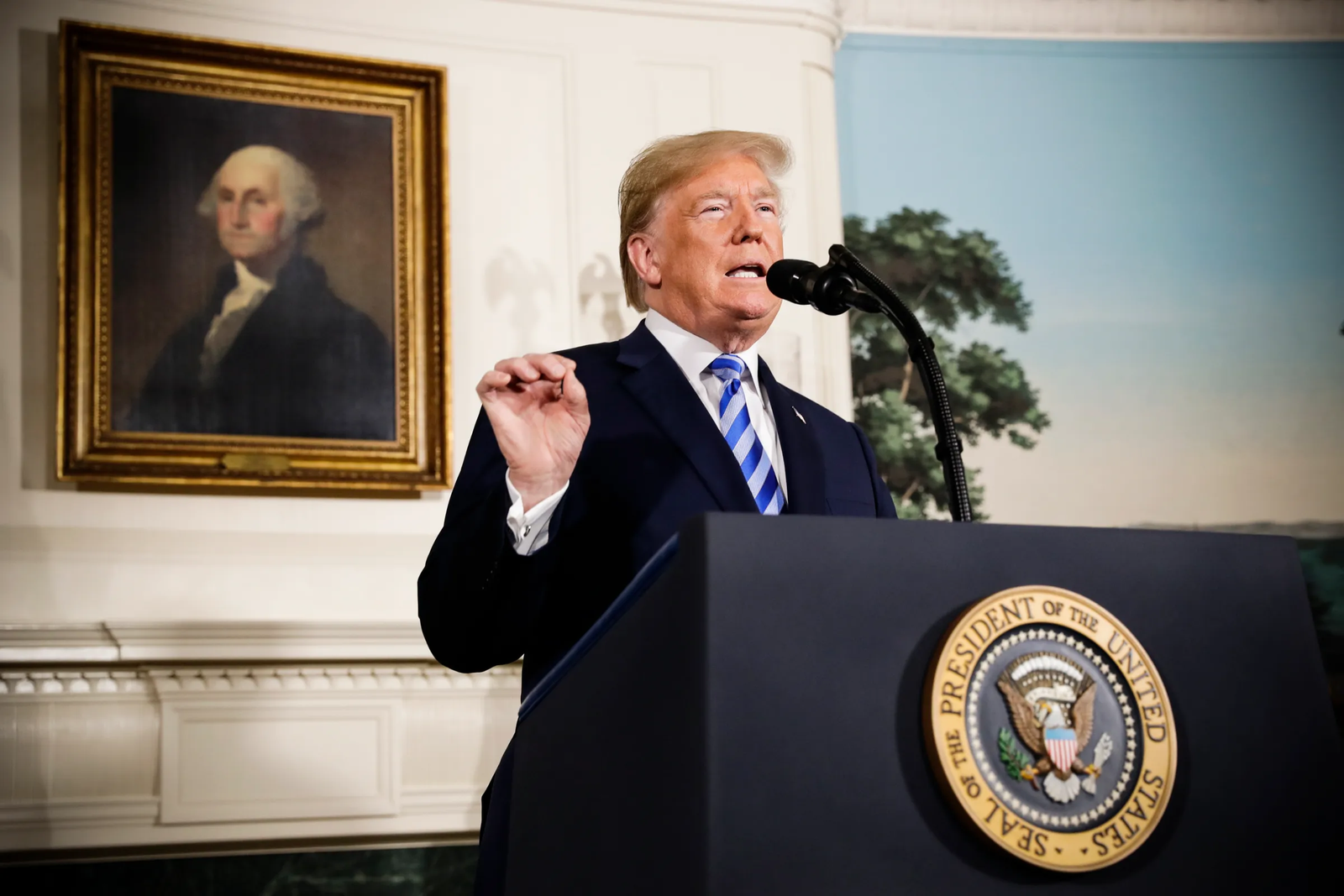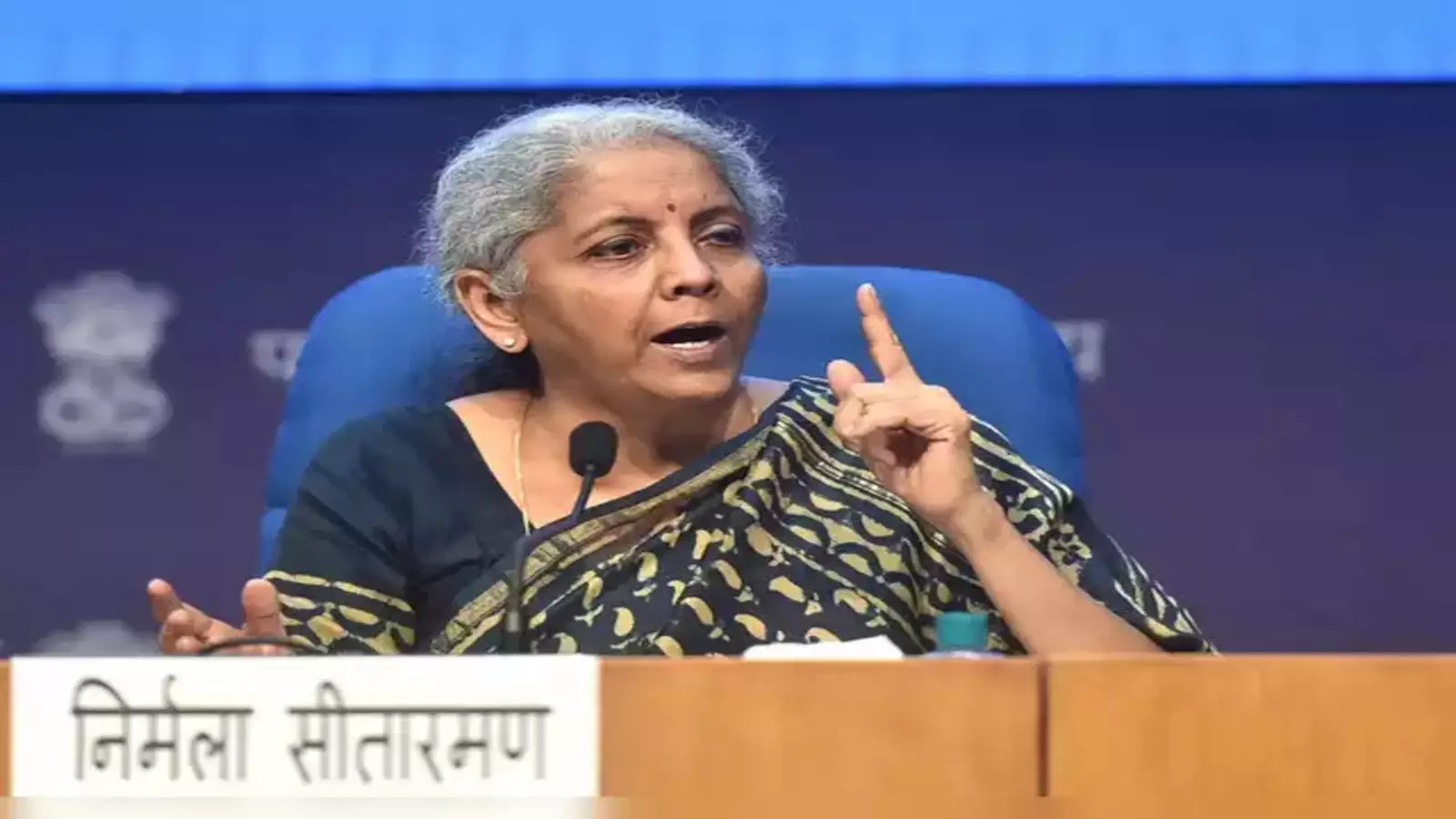The political landscape in India took a dramatic turn on Wednesday as the Central Bureau of Investigation (CBI) arrested Delhi Chief Minister and Aam Aadmi Party (AAP) national convenor, Arvind Kejriwal. This development marks a significant escalation in the ongoing investigation into the alleged irregularities in Delhi’s excise policy of 2021-22. Kejriwal's arrest has sent shockwaves through the political community, prompting widespread reactions and raising numerous questions about the implications for the AAP and the broader political scenario in India.
The Arrest and Remand
Arvind Kejriwal was apprehended by the CBI on charges related to the liquor policy case, an issue that has been under investigation since last year. Following his arrest, Kejriwal was presented in Delhi's Rouse Avenue Court, where the CBI argued for his remand, stating that the agency could have undertaken this exercise prior to the Lok Sabha elections but chose not to. This timing, according to the CBI, was strategically planned to avoid political backlash during the elections.
The court, after hearing the arguments, remanded Kejriwal to CBI custody for three days. During this period, the court has granted certain privileges to Kejriwal, allowing his wife, Sunita Kejriwal, to visit him for 30 minutes daily and his lawyer to meet him for the same duration each day. Additionally, Kejriwal is permitted to have his prescribed medicines and home-cooked food during his remand period.
The Excise Policy Case
The case against Kejriwal centers on the alleged irregularities in Delhi's excise policy for the fiscal year 2021-22. The policy, which has since been scrapped, was initially designed to reform the liquor trade in the capital. However, allegations soon surfaced regarding favoritism and financial misconduct in the allocation of liquor licenses. These accusations led to an investigation by the CBI following a recommendation by Delhi’s lieutenant governor in July 2022.
The investigation gained momentum, with the CBI examining various aspects of the policy and the processes involved in its implementation. On Tuesday, the agency visited Tihar Jail to record Kejriwal’s statement regarding the case, which ultimately led to his arrest the following day.
Legal Maneuvers and Court Proceedings
In a parallel development, Kejriwal withdrew his plea from the Supreme Court, which challenged a Delhi High Court order that had granted an interim stay on the operation of the trial court's bail order. The vacation bench of Justices Manoj Misra and SVN Bhatti permitted the withdrawal of the plea after senior advocate Abhishek Singhvi, representing Kejriwal, expressed the intention to file a substantial appeal in light of a detailed order passed by the High Court on June 25.
The Delhi High Court had stayed Kejriwal's bail order, stating that the trial court should have ensured the fulfilment of the twin conditions of section 45 of the Prevention of Money Laundering Act (PMLA) before granting bail. The court criticized the vacation judge for not adequately considering the material documents presented by the Enforcement Directorate (ED).
Political Reactions and Allegations
Kejriwal’s arrest has ignited a firestorm of political reactions. AAP leaders and supporters have vociferously criticized the move, accusing the BJP-led central government of misusing investigative agencies to target opposition parties. Sanjay Singh, a prominent AAP leader, addressed the media, expressing his outrage and calling for a united opposition response.
"I appeal to the INDIA bloc parties to raise the issue of Kejriwal's arrest in Parliament. We are talking to other opposition parties. I have also talked to Uddhav Thackeray. I will talk to Congress leaders. It is a misuse of probe agencies. All the opposition parties will be requested to raise the issue in Parliament,” Singh said during a press conference.
These allegations of political vendetta have found resonance among several opposition leaders, who see the arrest as part of a broader pattern of the central government using its power to stifle dissent and weaken opposition forces.

The Broader Implications
Arvind Kejriwal’s arrest is more than just a legal battle; it is a significant political event with far-reaching implications. As the face of the AAP and a key player in Indian politics, Kejriwal’s detention is likely to impact the party's morale and its political strategy moving forward. The AAP, which has positioned itself as a formidable opposition force in Delhi and Punjab, may face challenges in maintaining its momentum and credibility amidst these allegations.
The arrest also raises questions about the timing and motives behind the CBI’s actions. Critics argue that the move is intended to tarnish Kejriwal’s reputation and disrupt the AAP's activities ahead of upcoming elections. The CBI's assertion that they delayed the arrest to avoid interference with the Lok Sabha elections adds a layer of political intrigue to the case.
More News: best 24/7 news coverage 2024
Public and Media Reactions
The public response to Kejriwal’s arrest has been mixed, with strong opinions on both sides. Supporters of the AAP and Kejriwal have staged protests and demonstrations, demanding his immediate release and decrying what they perceive as a politically motivated witch hunt. On the other hand, detractors argue that the law must take its course and that accountability is crucial, irrespective of the individual’s political stature.
The media has also been abuzz with debates and discussions, analyzing the implications of Kejriwal’s arrest. News channels, newspapers, and digital platforms are scrutinizing every development, with experts weighing in on the legal, political, and social dimensions of the case.
The Road Ahead
As Kejriwal remains in CBI custody, the next few days will be crucial in determining the course of this high-stakes legal and political drama. The investigation into the excise policy case will continue to unfold, with the CBI likely to delve deeper into the allegations and gather more evidence. Kejriwal’s legal team will be preparing to challenge the remand and fight for his release, setting the stage for intense courtroom battles.
For the AAP, this is a time of both crisis and opportunity. The party must navigate the challenges posed by its leader’s arrest while also leveraging the situation to galvanize support and rally its base. The opposition’s response and the broader public sentiment will play a significant role in shaping the narrative around Kejriwal’s arrest and its aftermath.
Read Also: Weather Update: Sikkim and West Bengal on Red Alert
Conclusion
Arvind Kejriwal's arrest is a pivotal moment in Indian politics, highlighting the intersection of law, politics, and governance. As the case progresses, it will test the resilience of the AAP, the integrity of India’s legal system, and the dynamics of the country’s political landscape. The coming days and weeks will reveal the true impact of this development, not just on Kejriwal and his party, but on the broader fabric of Indian democracy
Other Popular News Post:
Sports Climbing at Paris Olympics 2024 | Buddhadeb Bhattacharjee passed away | Breaking olympics | Hindenburg Research | Har Ghar Tiranga Certificate 2024 Download | Dalhi Rain | Arvind Kejriwal Moves Supreme Court | SEBI Chief Madhabi Puri Buch | Amazon Great Freedom Festival Sale Ends Tonight | BSNL 5G | India’s 78th Independence Day | Rape and Murder | 78th Independence Day |
Mahindra Thar Roxx | Nalin Prabhat | Ola Electric
Explore other popular Posts:
Blog | News | Entertainment | Education | Sports |
Technology | Cryptocurrency | Stock | Home | Sitemap





